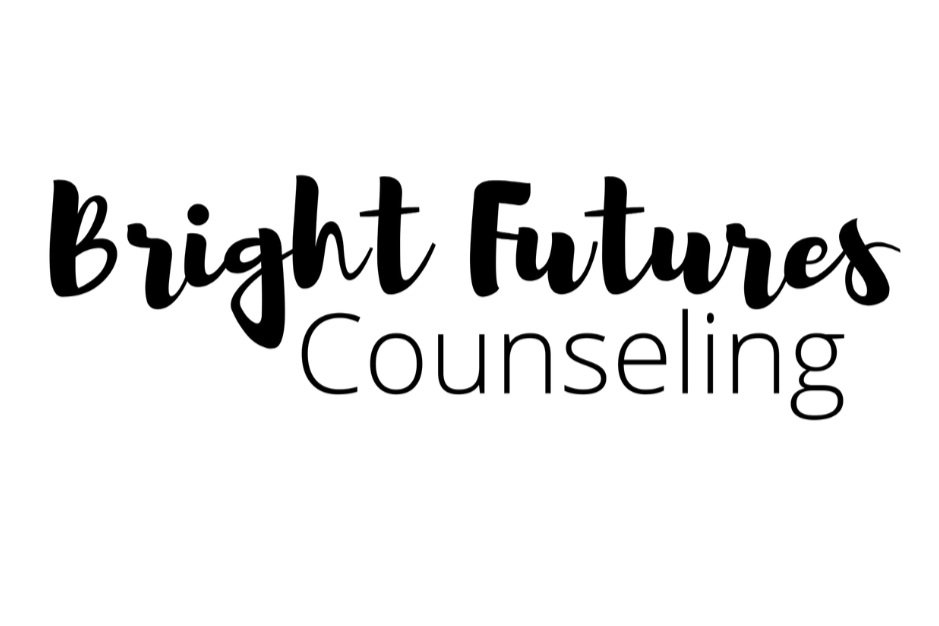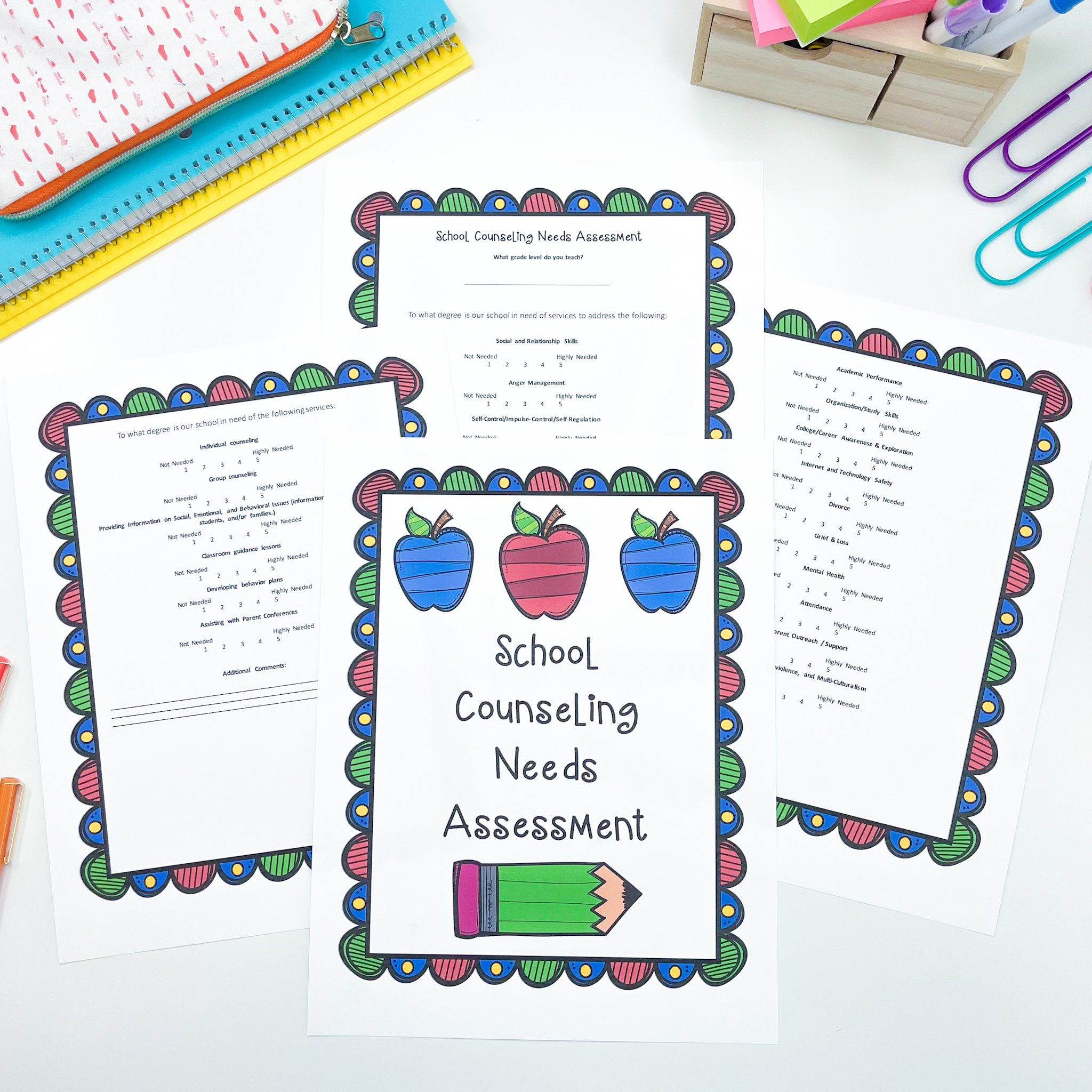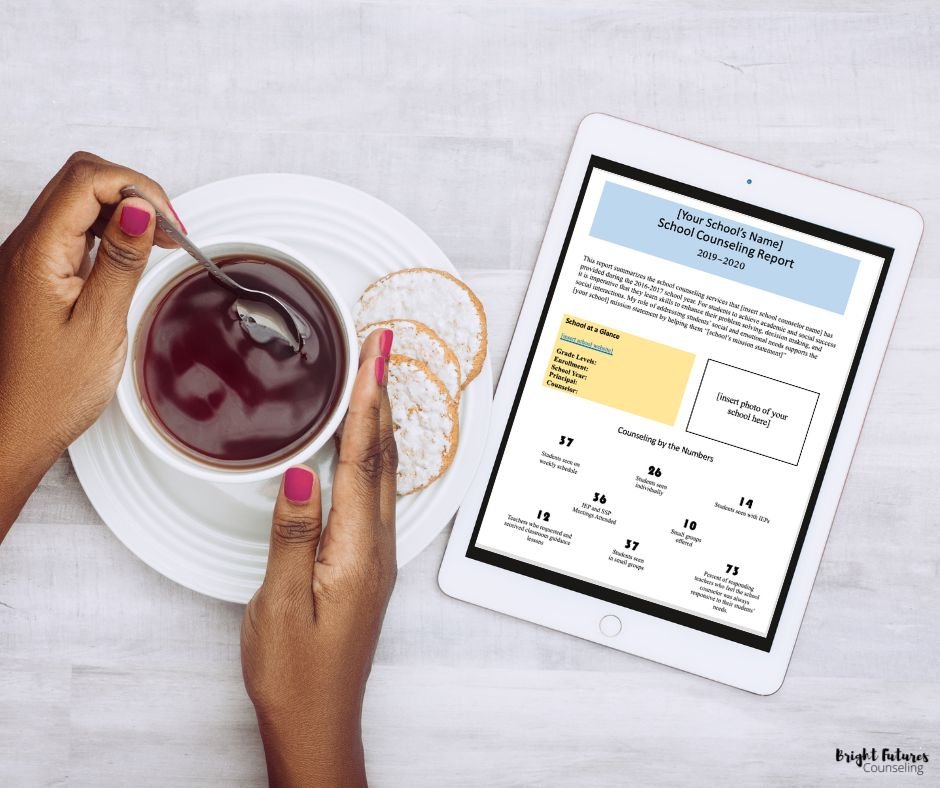6 Simple Ways to Build Positive Counselor-Teacher Relationships
By: Neeti Sarkar
As a school counselor, you are an ally, advocate, and anchor, among so many other things. However, in order to be truly successful in your work with the students under your care, it is imperative that you build solid relationships with teachers. Easier said than done, right? Especially if you’re a new counselor or maybe even a veteran counselor but at a new school, and definitely when you’re the only counselor the school has!
This is my ninth year on the job, but my third at my current school. Yes, I was hired one day before we went into lockdown. So, for a good 19 months, I didn’t get to meet any of my colleagues in person. And yet, when we finally got back on campus, it felt like I’d known these people for my entire life! Wondering how I managed building strong relationships with teachers? Read on to find out.
1. Be Visible
Building rapport with teachers needs to be intentional. This means they need to see you and know that you see them too. Unfortunately, at recess, there might be a parent meeting you’re still in or you’re probably dealing with a crisis at hand, and that leaves you secluded in your office at times. Therefore, at least for one recess per day, make sure you walk around and meet teachers, either at the cafeteria or on the playground where they’re on duty and just talk to them, not necessarily about school but use these opportunities to check-in with them.
Pop into classrooms so both students and teachers get to see you. I’ve found that doing this in the first hour of the day is something that’s worked for me. I’m then able to get on with the rest of my lessons/sessions for the day, but also think about students I’ve observed in the classroom that morning/teachers who are likely to need more of my support.
Meeting with your admin/principal is super important too. If you can schedule in a weekly meeting, like I do, I can assure you there will be more buy-in when you plan other school-wide initiatives such as Anti-Bullying Week, etc.
Another fun way to ensure you are seen is to be part of staff activities such as Secret Santa, potluck dinners, or even PTA food fests. The more you are around teachers, the more they get to know and trust you, which will then ensure you work well together to support the needs of your students.
2. Host/Co-host the New Teachers’ Orientation
When I took over from the previous counselor, our handover meeting was on Zoom. With school going virtual, I only got to see my office and other parts of the school (I’d seen the principal’s office during my interview pre-Covid) only 19 months after I’d taken up this job. I know exactly what it feels like to be lost (physically/mentally/emotionally) so at the start of this school year, we ensured that new teachers were not just given a detailed tour of the school but that they got to interact with people like me, personally, to get to know what we do at school and how we could support them. I found this to be a great way to create positive connections and share details of my counseling program.
3. Collaborate for class lessons and extended activities
Since I work in an IB school, we follow the transdisciplinary approach to teaching and learning. This means that most of my SEL lessons are tied-in with the Units of Inquiry (UOI). For example, when Grade 4 is inquiring into space and exploration as part of their science-based unit, I weave in my personal space and safety lessons. And when Grade 1 is delving into ‘How We Share the Planet’, and are working on tending their little garden, my classroom guidance lessons revolve around perspective taking, kindness, and empathy. Of course, I do as needed and standalone lessons too, but even for those, I sit with teachers in biweekly collaboration meetings to pitch my ideas and let them know what I could be doing with their students.
Academics aside, it is also great if you could find ways to collaborate with teachers to plan other activities, be it Arts Week or the Literacy Fest. The more teachers see you as an ally and team player, the more eager they are to also build a relationship with you.
4. Check-In and Chip In
See that their day is choc-a-block? Does your load seem lighter for the day? Offer to take something off their plate, maybe lunch duty, if you can manage it. If you know they are struggling with certain students/behaviors in their classroom, don’t wait for them to come to you. Respectfully let them know what you’ve noticed and ask if they might need your support. Teachers should know they can approach you and talk to you even if it isn’t directly related to school or students.
5. Recognize and Appreciate Teachers
Being a teacher is not easy and we know that. While you might have a jar of candy in your office for teachers and students who come by, teachers appreciate when you notice them and say something. Be it leaving a random thank you note on their desk or walking by their class at the end of the week to personally hand them a small treat, boosting staff morale is definitely an unsaid but big part of our role as school counselors.
6. Ask for Feedback
I send out a needs assessment form (this is the one I use) to teachers at the start of each semester, so I understand the needs they/their students have so I can support them in the best way possible. Likewise, it is imperative for me to know if the support and services I have provided worked the way I intended for it to. Before creating my End of the Year Report (this is the template I use), I send out a Google Form to teachers, asking for their feedback on my lessons, etc. This feedback helps me plan and work better in the days ahead, but it also allows teachers to see that I genuinely care about what they say, feel, and need.
Here’s to building better counselor-teacher relationships in 2023!
About the author: Neeti Sarkar is a Primary School Counselor at an IB school in Bangalore, India. Over the span of almost 10 years, she’s worked with students aged 3-18, but enjoys working with the littles the most. Neeti’s also a seasoned journalist, so when she isn’t making behaviour plans, teaching guidance lessons, and supporting her school community in various other ways, she makes time for her other passion- writing.





